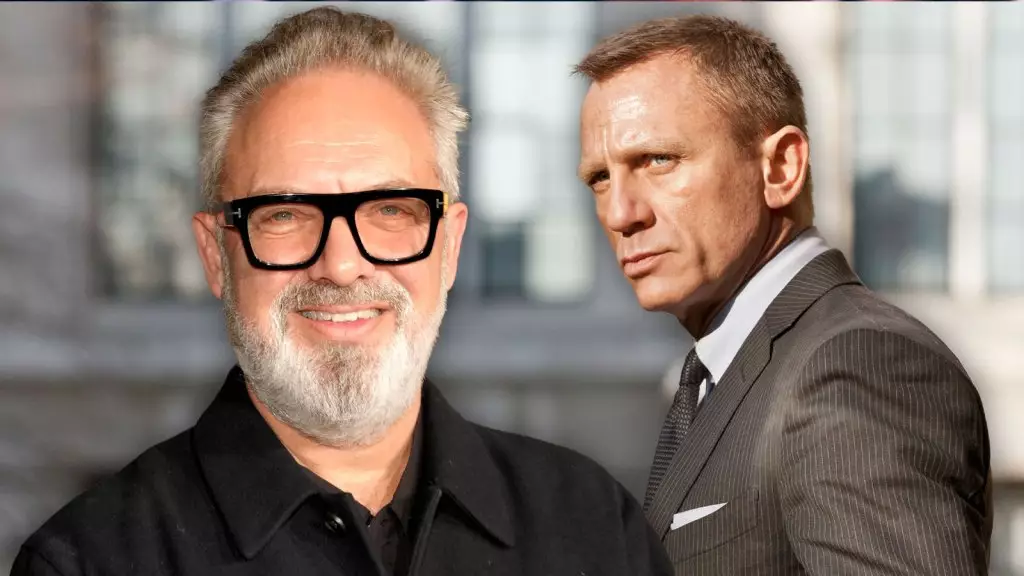Sam Mendes, the award-winning director behind the critically acclaimed James Bond films, Skyfall and Spectre, recently shared his perspectives on potentially returning to the iconic franchise. His comments come alongside his involvement in HBO’s The Franchise, a comedic take on the complexities of blockbuster filmmaking. During an interview, Mendes suggested that he harbors reservations about directing another Bond film—a sentiment that hints at both personal and industry-wide challenges.
Perhaps the most revealing observation from Mendes is his commentary on the filmmaking industry’s evolving preferences. He noted that studios generally favor “more malleable” individuals at the beginning of their careers rather than seasoned directors with established track records. This perspective sheds light on an unsettling trend where creative control is increasingly compromised for box-office potential. Mendes remarked, “They want slightly more malleable people who are earlier in their career.” This suggests that, for directors with extensive experience, the stakes can often come with diminished creative freedom, making the directorial journey more about serving the studio’s vision rather than nurturing the film’s narrative.
Mendes’s assessment of the Bond experience reveals that directing such high-profile films can be a double-edged sword. While he acknowledges the opportunities for growth that came from helming these projects—enhanced thinking, broadened horizons, and the thrill of overcoming creative hurdles—he also points out the intense pressures involved with working within established franchises. “You have to have a lot of energy,” he stated, reflecting on the demanding nature of such monumental undertakings. It requires not only a significant amount of commitment but also the capacity to adapt to the established framework laid down by previous directors and actors.
Mendes’s hesitation to return to Bond can also be interpreted as a reflection on the weight of legacy. Having already left his mark on the series, he may feel that stepping back into it could dilute the impact of his previous contributions. The challenges of creating something fresh and meaningful, while also honoring what has come before him, must weigh heavily on his mind. Mendes’s thoughts of “never say never” hint at the nagging allure of the Bond universe—its narrative complexity and potential for innovation remain, albeit overshadowed by the practical realities of franchise filmmaking.
Ultimately, Mendes’s comments encapsulate a broader conversation about the future of blockbuster franchises and the filmmakers who inhabit them. As directors like Mendes grapple with the constraints of studio expectations and commercial pressures, one must wonder if the era of creative control in franchise filmmaking is indeed slipping away. Mendes’s unique voice, honed by years of powerful storytelling, could be precisely what such franchises need—yet unless the industry recalibrates its approach to creative talent, we may continue to see directors step back from high-profile projects. The future may hold a new generation eager to navigate these waters, but it will demand a substantial shift in how we perceive and empower cinematic visionaries.

